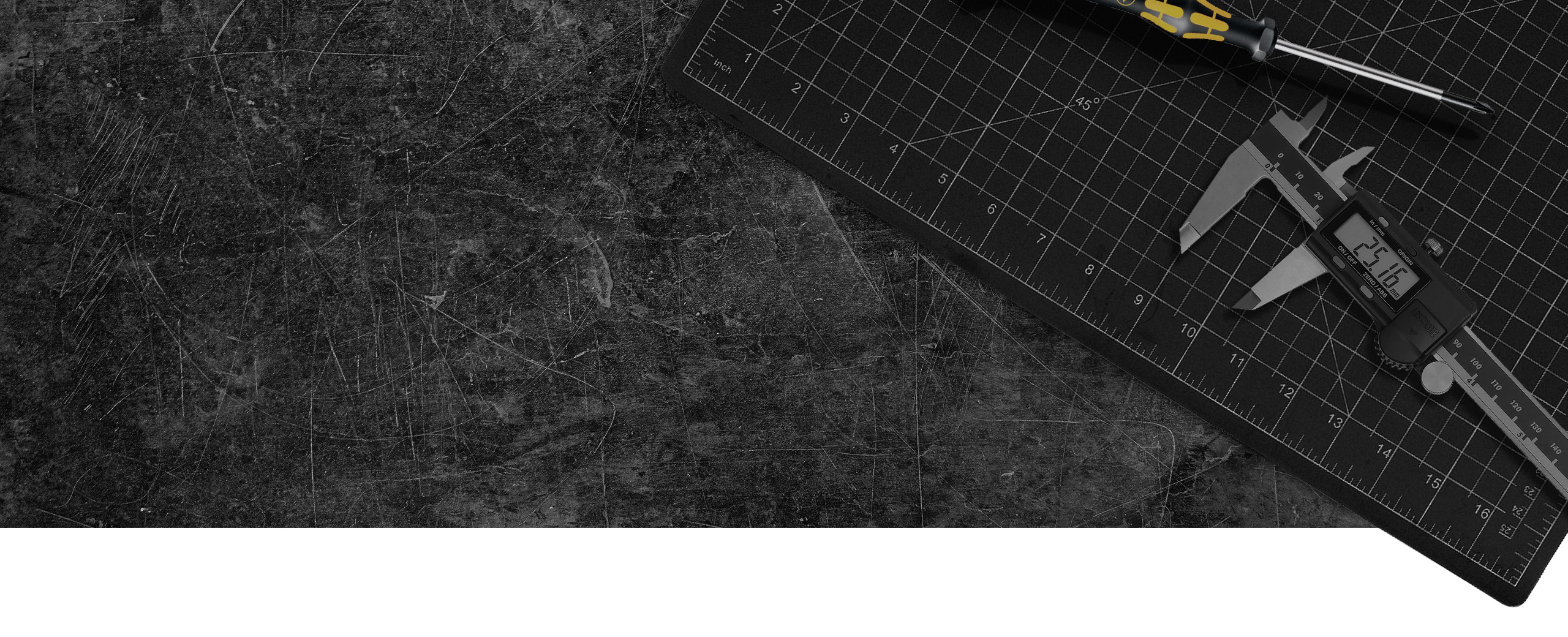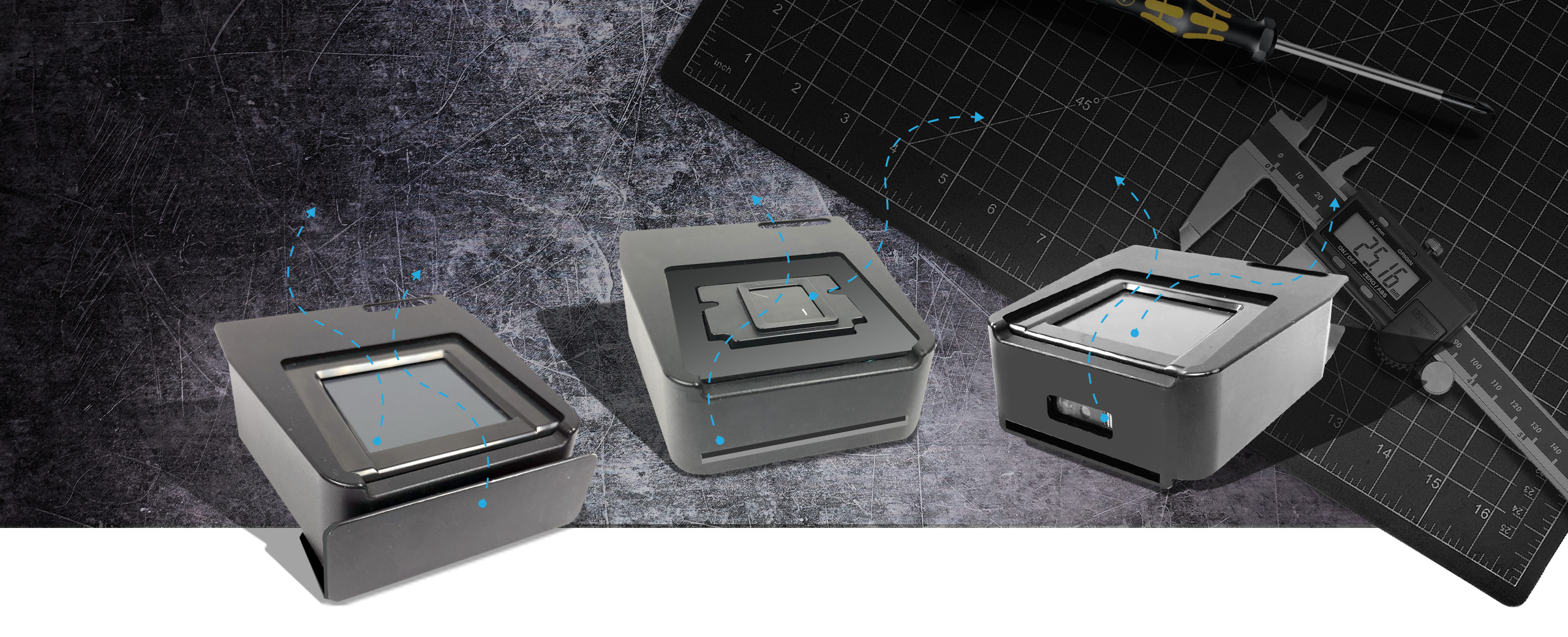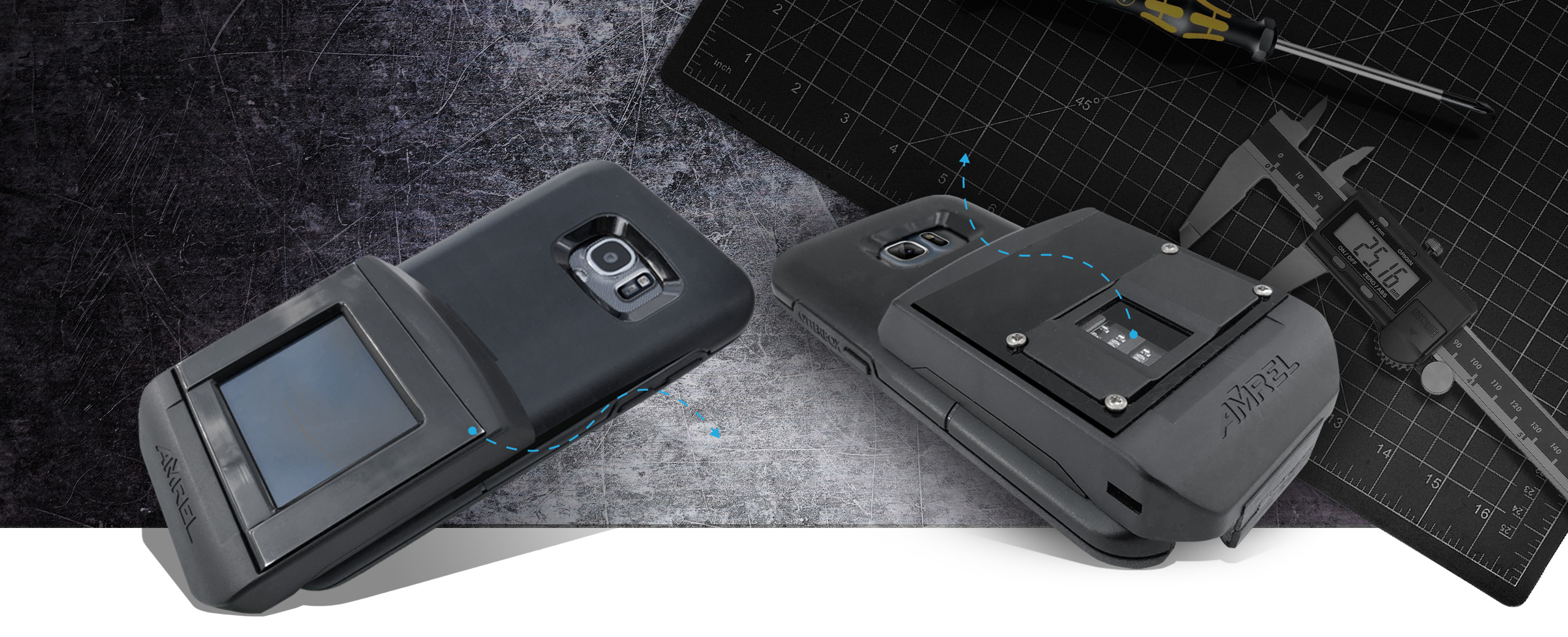It’s the anniversary of the Curiosity’s landing. For three years, the Mars rover has successfully navigated the rough terrain of the red planet, looking for water and signs of life.
We should take a moment to remember just how improbable was the success of the landing. For one thing, the fourth planet had proved not especially hospitable to early missions. In fact, Mars had been nicknamed the “Probe killer.”
Here are a few facts and figures about the Curiosity’s landing on Mars.
154 million miles
Distance of Earth from Mars at time of landing.
7 minutes
Time delay for communication from Mars to Earth. This is a remote controlled vehicle, so commands take 7 minutes to reach Curiosity, a significant limitation. “7 minutes of terror” is the nickname for the delay from the time of the landing to the moment that the rover’s signal reached Earth
1600 degrees
Heat of decent.
100 times thinner than Earth’s
Thickness of Mars skimpy atmosphere.
Thousand miles an hour
Speed of decent before parachute is deployed.
6,500 pounds of force
Strength necessary for the parachute.
100 pounds
Weight of parachute.
9Gs
Force generated by deployment of parachute.
6
Vehicle configurations.
76
Pyrotechnic devices.
500,000
Lines of code used.
Zero
Margin of error
Keep in mind that there was an important onboard package of instruments that had to be protected at all costs, including:
- 17 cameras
- Alpha Particle X-ray Spectrometer
- Chemistry and Camera
- Chemistry and Mineralogy
- Dynamic Albedo of Neutrons
- Mars Descent Imager
- Mars Hand Lens Imager
- Mast Camera
- Radiation Assessment Detector
- Rover Environmental Monitoring Station
- Sample Analysis
The above considerations and others necessitated a Rube Goldberg landing system that looks like a particularly implausible stunt out of a James Bond movie. To see the bizarre strategy adopted for landing, watch video below.
For an update of Curiosity’s current status, watch video below:












